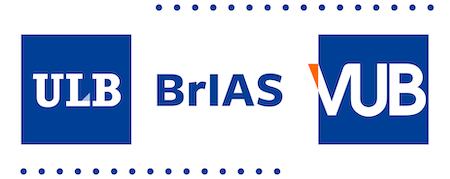BrIAS Programme Theme 2025 - 2027
Democratic governance: Challenges and innovations
Despite the optimism at the turn of the century, democracies are witnessing a profound crisis, with numerous indicators suggesting that democratic systems are under increasing strain. From the rise of authoritarianism to widespread disillusionment with political institutions, the challenges facing democracies are significant. Long-established democracies are encountering an unprecedented erosion of democratic norms: trust in democratic institutions is declining across many regions and citizens are becoming increasingly skeptical about the capacity of democratic governance to deliver on its promises.
Democracy, both as an ideal and a practice, has reached a critical juncture. It is now essential to assess the specific challenges facing democratic systems and explore potential pathways for renewal. This BrIAS program focuses on four areas identified as key challenges to democratic governance:
- polarization, populism, and violence;
- democratic short-termism and sustainability;
- technology, misinformation, and artificial intelligence;
- inequality and inclusion.
The program is structured around these four work packages, each addressing one of the central challenges faced by contemporary democracies. However, this program does not merely want to diagnose problems; it also seeks to provide solutions. To that end, the cross-cutting theme of democratic innovations is woven through these work packages, offering pathways to help democracies adapt and thrive.
The Current Team
Programme Directors: Prof. Emilie Van Haute (ULB) and Prof. Silvia Erzeel (VUB)
Work Package leaders:
1. polarization, populism, and violence → Prof. dr. Jasper Van Assche (ULB) and Prof. dr. Bram Spruyt (VUB)
2. democratic short-termism and sustainability → Prof. dr. Louise Knops (ULB) and Prof. dr. Didier Caluwaerts (VUB)
3. technology, misinformation, and artificial intelligence → Prof. dr. Caroline Close (ULB) and Prof. dr. Ike Picone (VUB)
4. inequality and inclusion → Prof. dr. Daniel Zamora (ULB) and Prof. dr. Karen Celis (VUB)
